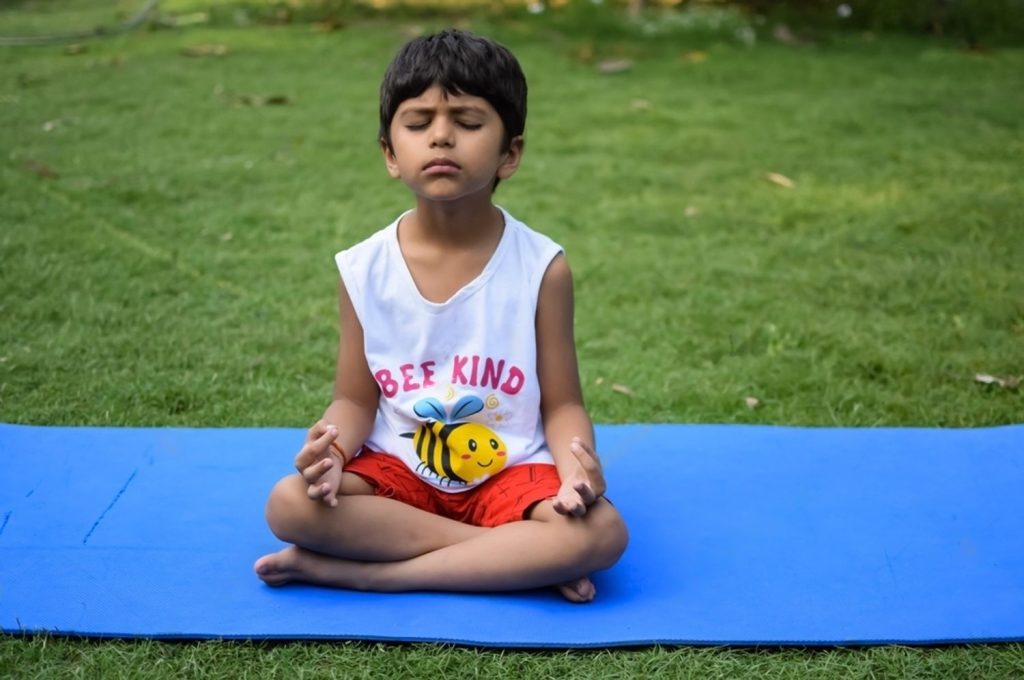- Have any questions?
- (+91) 02792 230240
- info@smcgh.edu.in

Take care of your bones the right way
August 5, 2024
Fatigue & Exhaustion could indicate a health concern
August 14, 2024Mental health challenges among school children are increasingly prevalent and concerning, affecting their academic performance, social interactions, and overall well-being. Factors such as academic pressure, social media influence, bullying, and family issues contribute significantly to stress, anxiety, and depression in young students. These mental health issues often manifest as behavioural changes, decreased concentration, and physical symptoms like headaches and stomachaches.
Early identification and intervention are crucial, as untreated mental health problems can lead to more severe outcomes, including self-harm and long-term emotional difficulties. Schools, parents, and mental health professionals must work collaboratively to create supportive environments, provide accessible resources, and promote open discussions about mental health to ensure children receive the care and understanding they need to thrive.

Addressing stress, anxiety and other common concerns
Addressing stress, anxiety, and other common concerns requires a multifaceted approach that combines mental, physical, and emotional strategies. One effective method is incorporating mindfulness and relaxation techniques into daily routines. Practices such as meditation, deep breathing exercises, and yoga can significantly reduce stress levels by promoting relaxation and helping individuals stay present in the moment.
Regular physical activity, such as walking, running, or engaging in sports, can also be beneficial as it releases endorphins, which are natural mood lifters. Ensuring adequate sleep and maintaining a balanced diet further support mental health by providing the necessary energy and nutrients for the body and mind to function optimally.

Additionally, building a strong support network is crucial for managing anxiety and stress. Talking to friends, family, or mental health professionals about concerns can provide relief and new perspectives on coping strategies. Cognitive-behavioral therapy (CBT) is a particularly effective treatment for anxiety, helping individuals identify and challenge negative thought patterns.
It’s also important to establish healthy boundaries and prioritize self-care, allowing time for hobbies, relaxation, and activities that bring joy. Learning to recognize triggers and develop proactive coping mechanisms can empower individuals to handle stress more effectively, leading to improved overall well-being. By addressing these common concerns through a holistic approach, individuals can cultivate resilience and maintain better mental health.
Managing increasing competition and expectations for better mental health of children
Managing increasing competition and expectations is crucial for ensuring the mental health of children in today’s high-pressure environment. One effective strategy is to foster a growth mindset, emphasising effort and learning over innate ability. Encouraging children to view challenges as opportunities for growth rather than threats to their self-worth helps build resilience and reduces the anxiety associated with competition.
Parents and educators should focus on praising the process—such as hard work, persistence, and improvement—instead of solely celebrating outcomes like grades or trophies. This approach not only alleviates stress but also cultivates a love for learning and personal development.
Creating a balanced lifestyle is equally important for the mental well-being of children. Ensuring that children have time for play, relaxation, and hobbies alongside their academic and extracurricular commitments is essential. Regular physical activity, sufficient sleep, and healthy eating habits contribute to overall mental and physical health.

Additionally, open communication within the family can provide a supportive environment where children feel comfortable expressing their feelings and concerns. Parents should model healthy coping mechanisms and stress management techniques, demonstrating that it is okay to take breaks and seek help when needed.
By fostering a supportive and balanced environment, we can help children manage competition and expectations more effectively, promoting their long-term mental health and well-being.




